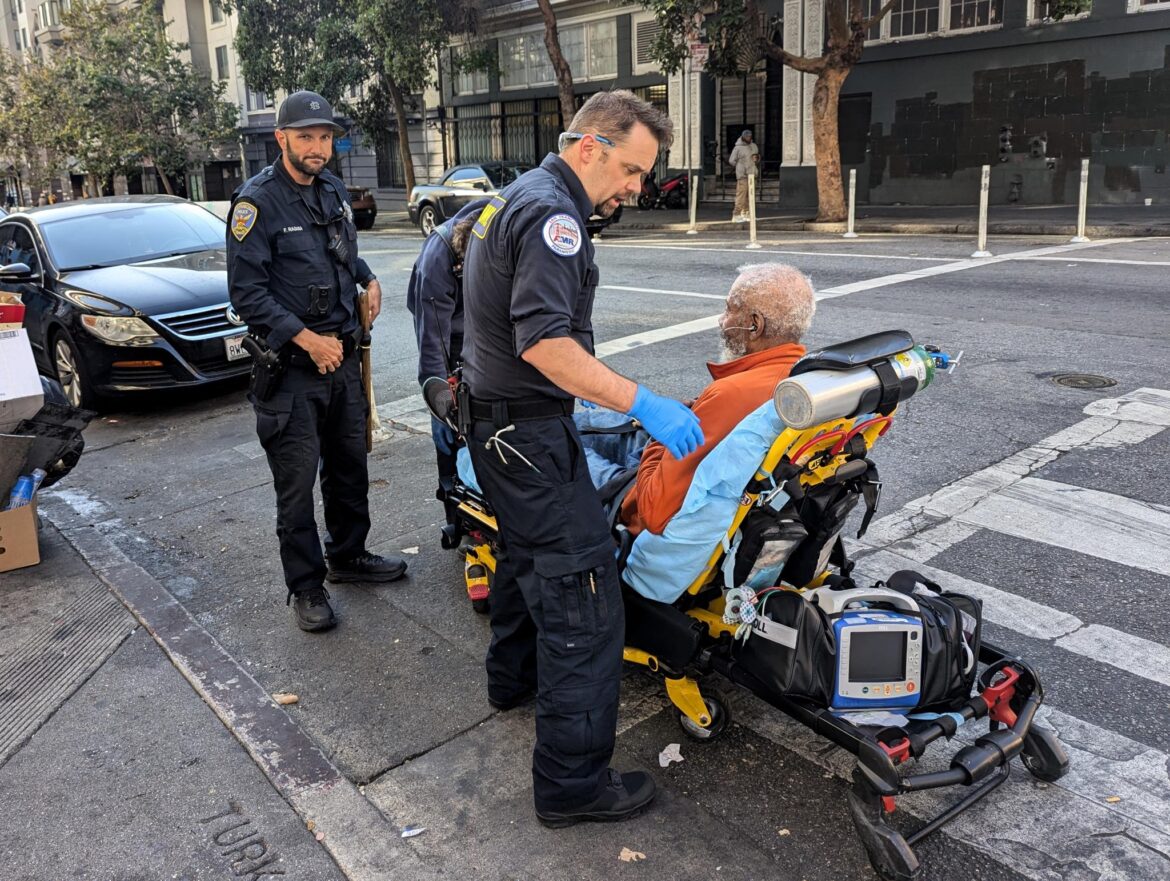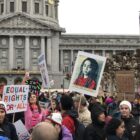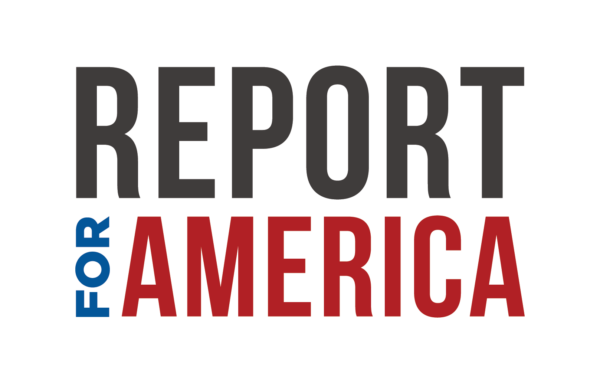See our November 2024 SF Voter Guide for a nonpartisan analysis of measures on the San Francisco ballot, for the election occurring Nov. 5, 2024. The following measure is on that ballot.
Proposition N could help pay off first responders’ student loans with the goal of attracting new hires amid staffing shortages.
Listen to a summary of what this ballot measure would do.
Support
Proponents say the measure would help alleviate staffing crises across multiple departments. They also say it would act as an “innovative incentive” to attract highly skilled talent in a competitive market.
“Our public safety and health care ecosystem is severely strained right now, and we need to create incentives to prevent a catastrophic breaking point and ensure that we can attract and retain excellent, qualified candidates to serve our city’s public safety ecosystem,” said Supervisor Ahsha Safaí, who co-drafted the measure and is running for mayor, at a July 22 Rules Committee meeting. “These are the people we count on every single day, and we must prioritize proper staffing levels.”
Supervisors Shamann Walton, Matt Dorsey, Joel Engardio and Connie Chan also support the measure, as do Service Employees International Union Local 1021, the San Francisco Police Officers Association, the San Francisco Deputy Sheriffs’ Association and San Francisco Firefighters Local 798.
Sign up for our free weekly newsletter for reporting on local politics in San Francisco.
Opposition
Larry Marso, the registered opponent of this measure as well as of propositions C, E, G and M, argued in his official opposition statement that Proposition N fails to address underlying issues that lead to student loan debt among first responders, such as rising education costs and inadequate compensation. He also said the measure could encourage early retirement, as workers may be more inclined to leave once their loans are forgiven.
What it would do
Proposition N would create a fund to help police officers, firefighters, paramedics, sheriffs, nurses and 911 dispatchers employed by the city pay off their student loan debts. Money from the fund could also pay for job-related educational and training expenses that today aren’t eligible for reimbursement.
To qualify, first responders would need to be hired in 2025 or beyond, and work for the city for at least three consecutive years. The city would pay off at most $25,000 per person. Proposition N does not have a funding mechanism. The mayor and Board of Supervisors could later decide to put money into the fund, which could also receive donations from private philanthropy.
Regarding the lack of funding, Safaí said that asking for taxes in an economy still struggling to recover would be a hard sell, and that he preferred to not automatically set aside funds from the city’s annual budget for a narrow group of individuals as City Hall faces persistent budget deficits.
When asked for examples of private philanthropy in city government, Safaí cited Mayor London Breed’s recent bid to fundraise $25 million to acquire pandas from China for the San Francisco Zoo. He also mentioned donations from Salesforce to the San Francisco Unified School District and a donation of at least $1 million from an individual to the San Francisco Police Department “to help with their technology purchases.”
Cost
The San Francisco Controller’s Office estimated that it would cost $315,000 annually to administer the fund after the program had been set up. The city could begin paying off loans once the fund collected $1 million.
Campaign finance
As of Oct. 7, the “Yes on N” campaign committee had raised $101,000, according to data from the San Francisco Ethics Commission. That includes $50,000 from the San Francisco Deputy Sheriffs Political Action Committee and $20,000 from Marina Cleaners Inc. The campaign committee that backed the failed Proposition B on the March ballot — the measure would have set minimum staffing levels for the police department — also gave $25,000.
No group opposing Proposition N had reported fundraising activity to the city.
History and context
City officials and department employees have been vocal in recent years about vacancies among law enforcement, 911 dispatchers, nurses and others involved in emergency management and response. The mayor and several supervisors have deployed numerous strategies to increase hiring. Proposition N is one of several proposed measures — including propositions F, H and I — on the November ballot that address first responder recruitment and retention.
Supervisors Hillary Ronen, Rafael Mandelman, Myrna Melgar and Aaron Peskin voted against putting the measure on the ballot. While they don’t oppose Proposition N, Supervisors Peskin, Melgar and Mandelman expressed concern about overloading the ballot.
Peskin, the Board of Supervisors’ president and mayoral hopeful, said it was unnecessary to put the issue before voters when the supervisors could establish the fund on their own, a sentiment Mandelman echoed.
“Sometimes you’re bringing something to the voters and it’s really important to get them to weigh in on it, but I don’t really see that,” Mandelman said. “It seems like it certainly could have been done just as a regular old ordinance, although I think people would have asked, even if it weren’t on the ballot, ‘How are we funding this?’”
Safaí said he wanted a mandate from voters to create the fund.
“It’s important that the voters of San Francisco have an opportunity to weigh in on this and make a strong statement,” he said at a July 30 Board of Supervisors meeting.
Votes needed to pass
Proposition N requires a simple majority of “yes” votes to pass.
Click here to return to our full voter guide.
Editor’s note: This story was updated Oct. 9, 2024, to clarify that the “Yes on N” campaign committee received donations from the campaign committee that had backed Proposition B on the March ballot.










